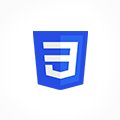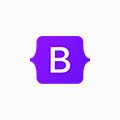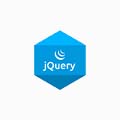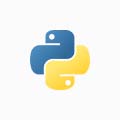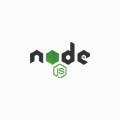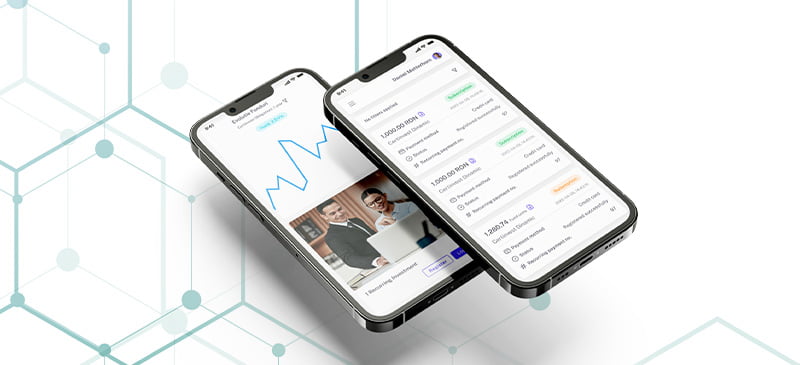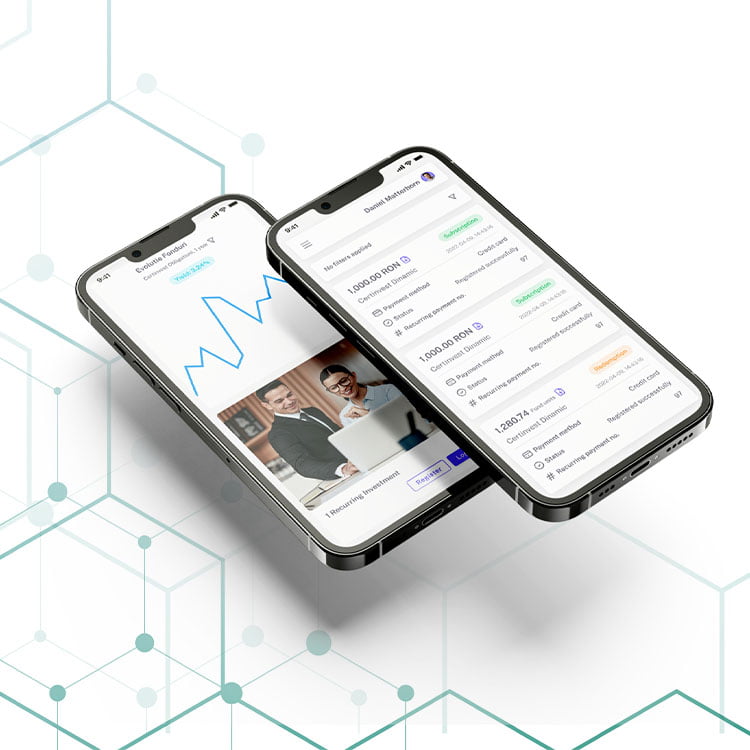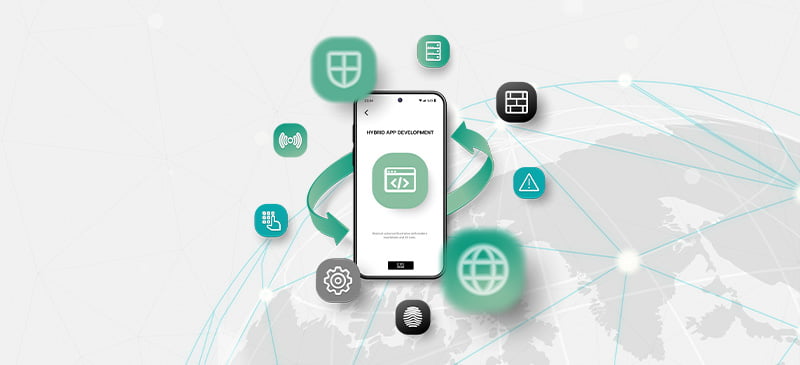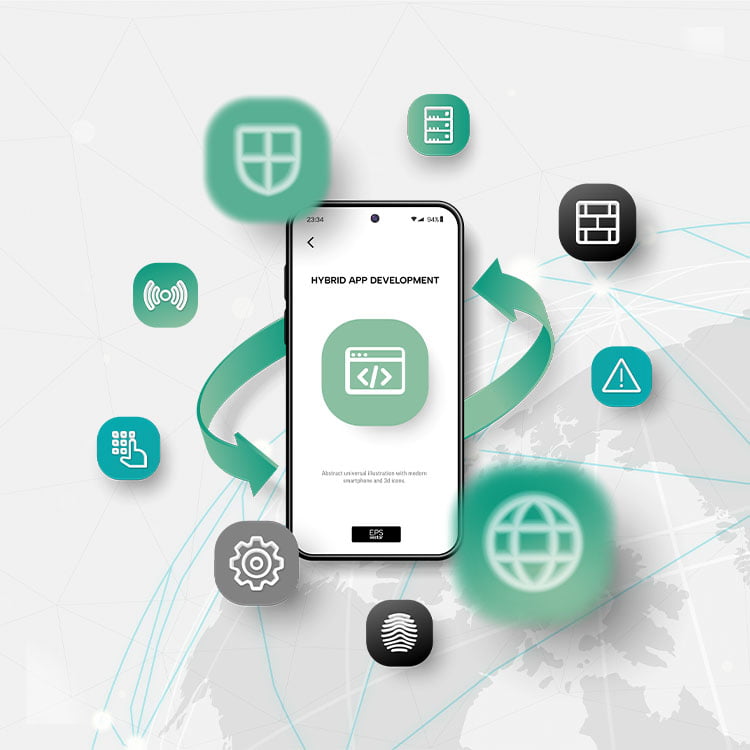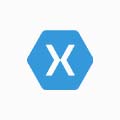
Empowering Your Digital Presence with Custom Web and Mobile Solutions!
At Connexate, we specialize in custom web and mobile app development services. Our team works with you to understand your business needs and create a customized solution that fits your unique requirements. We use the latest technology and development practices to ensure that your app is not only functional but also scalable and secure. Whether you need an iOS or Android app, a web application, or both, we have the expertise to turn your vision into reality. We’re not here to impose pre-made solutions; we’re here to listen, understand, and craft custom solutions that precisely match your business needs. Our passion lies in crafting apps that resonate with your audience, enhance user engagement, and drive your business forward.




